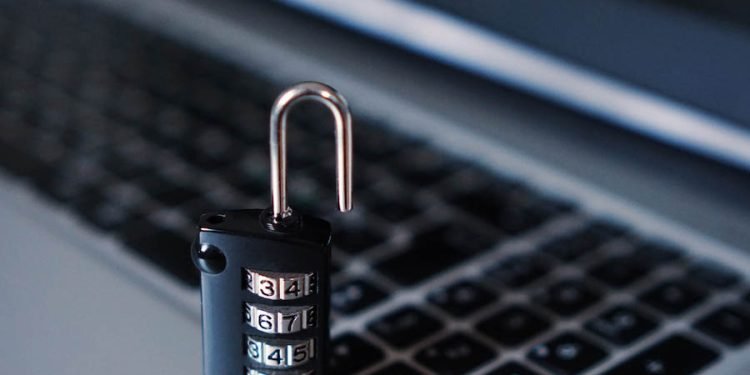Every business in the world now needs to consider protection against cybercrime as a top priority as most businesses regardless of size have a considerable online presence and financial transactions take place online. Furthermore, due to the importance of social media in everyone’s daily life, businesses increasingly need to worry about their reputation and online safety is a huge component of that.
Many businesses have lost their standing in the market or their customer base because there was a data leak of customer or client data or any other suggestion that buying from them is no longer safe or preferable. Here are some tips to protect your business from the ever-looming threat of cybercrime.
1. SSPs Set The Tone
Your business needs to have an in-office culture of protecting against cybercrime and carrying out good practices. Having an SSP or system security plan that applies to all employees at every level is the first step to protecting from a data leak or an attempt at hacking. The SSP is fairly comprehensive and it includes both software and the hardware devices that the business uses, its existing incident protocol, and the training it has imparted to its employees and also whether or not any investment has gone into skilled tech support in the fight against cybercrime.
SSPs can be useful for deciding the employees that should have access to important and sensitive information and a hierarchical structure of accountability can be adopted so that only the older and more senior employees and managers have access to the most vital data. An SSP is typically compiled by a tech or cyber security specialist and it is worthwhile to invest in this report rather than having regular tech staff compile it as the latter may make costly errors in their evaluation.
2. The Policies Surrounding Access And Passwords
Passwords should be set sensibly and updated often and multi-factor authentication should be implemented across the board. Research has shown that 8 letter passwords are not good enough and can be guessed easily by seasoned hackers. Have the tech support staff regularly keep track of log-ins and data use so unauthorized use can be flagged and blocked right away.
Employees should be wary of using public internet networks for working (if they’re working from home or remotely) and the business should have its own private virtual network. In cases undertaken by criminal defense lawyers Orlando practicing measures of personal security prevent serious crimes in many cases and it is the same with cyber security threats on businesses.
3. Updates
Software that is not updated periodically is a lot more vulnerable to malware and cyber-attacks so ensure all software is updated safely and regularly, and any security gaps that exist are identified before they can be exploited by a hacker. Following the PCI compliance checklist is ideal if you are confused about where to begin as it outlines solid principles of online hygiene and protection against cyber-attacks and malware.
Pci guidelines are customer and client oriented so it directs that a firewall should be maintained, customer data should be encrypted to maintain trust, and that external third-person audits should be carried out at least twice a year to determine that the security measures are up to the mark.
4. Employee Know-How
Employees that are ignorant about the many risks associated with maintaining cyber security can be prone to lapses in judgment, negligence or simple mistakes that can prove very costly for the business. It is the responsibility of the business to educate and train their employees according to the level of risk they have anticipated with their dealings and transactions online.
Phishing attempts for example are the easiest way to become the victim of a cybercrime as employees may not know which emails to avoid especially if they seem authentic or are concerns and queries from hackers posing as potential customers or clients. As cyber threats evolve and forever change, training employees should be done periodically and on a regular basis to keep on top of them.
5. Let The Professionals Handle It
Cyber security may be put on the back burner in small to medium enterprises where resources are limited. Outsourcing cyber security to a designated firm comes with many benefits as such companies have many dedicated professionals working for them and their primary focus is on cyber security. Hiring tech staff from within your own business to take care of complex cyber security related monitoring may result in a job only done half well as they have other functions to fulfill. Fourth-party security breaches are increasingly common, however, so look into vendor risk management solutions from Prevalent for added protection.












